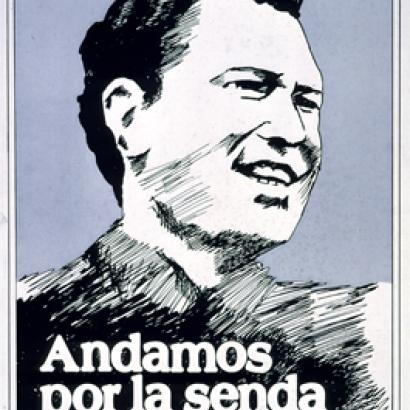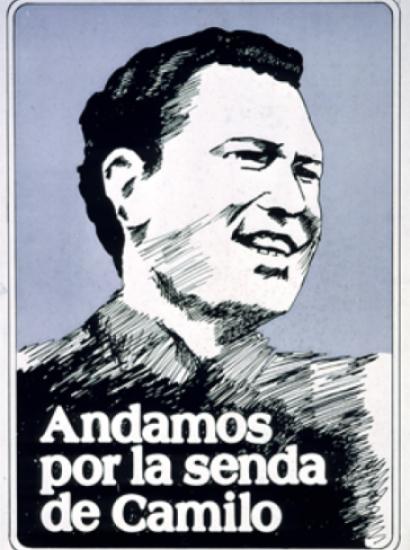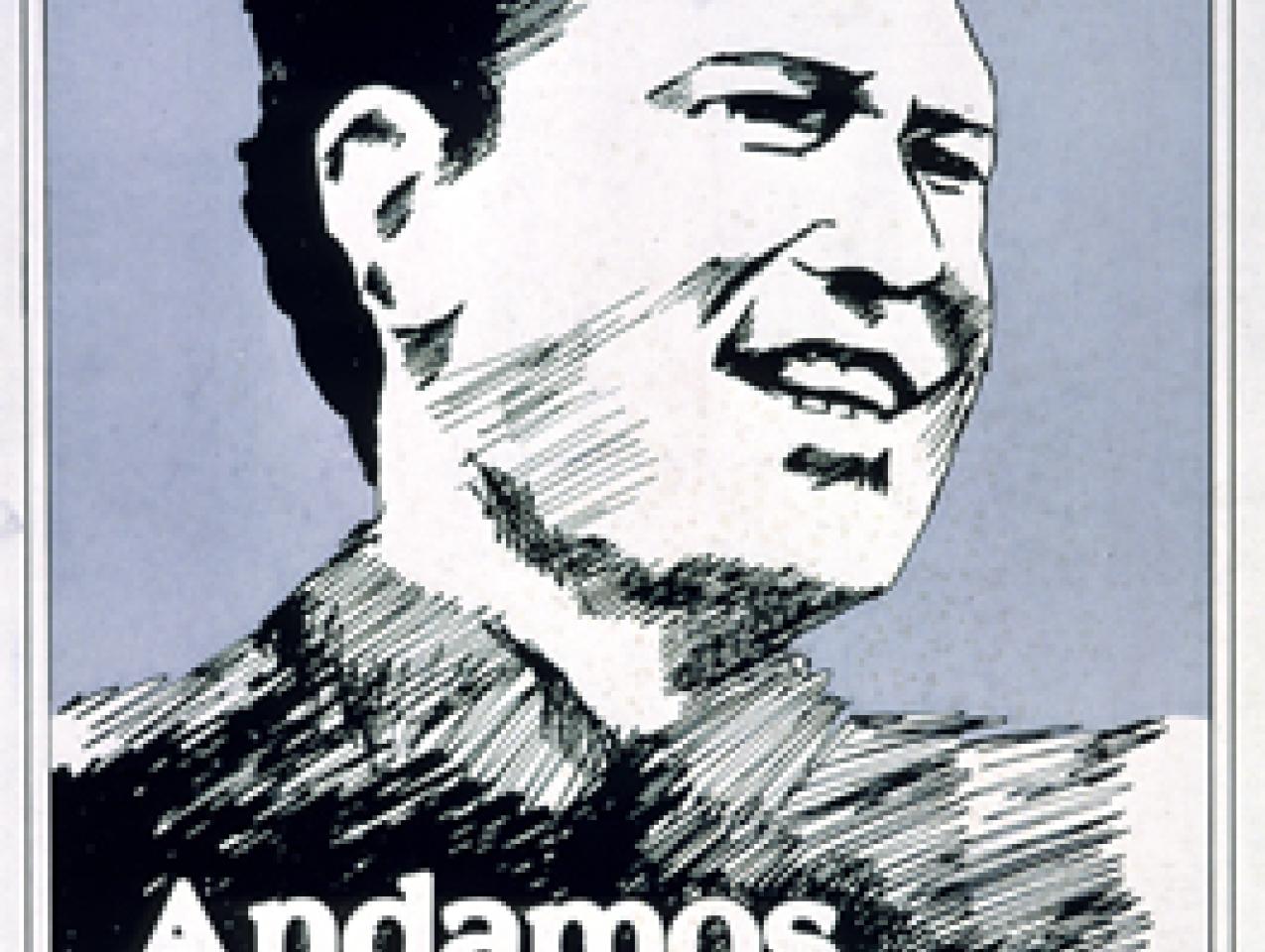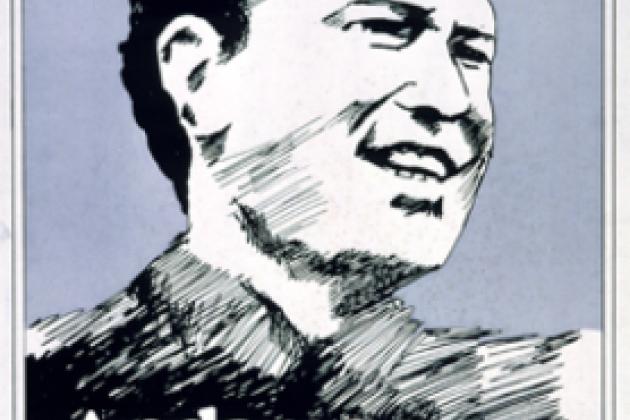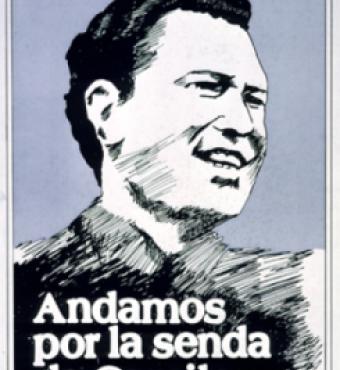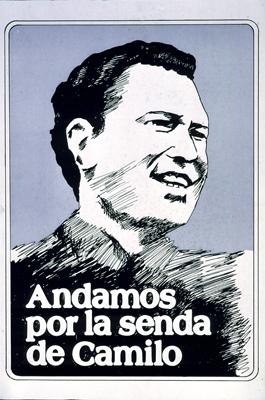- International Affairs
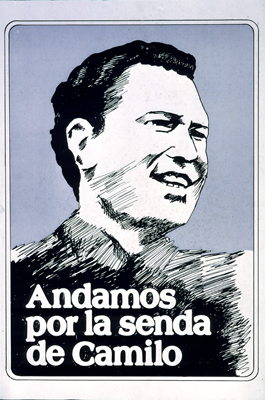
This week, diplomats from the United Nations and the European Union are hailing the unilateral ceasefire declared by the leftist FARC as the harbinger of a peace that will permanently end a conflict dating back to the 1960s. Pressure is mounting on the Colombian government of Juan Manuel Santos to reciprocate with its own ceasefire declaration. Santos has invested considerable time and political capital into the peace negotiations, but he has good reason to question the value of the ceasefire. The FARC has declared that its ceasefire is conditional on the absence of offensive action by the government against FARC forces, which could be taken to mean that the FARC is merely trying to gain a respite from government military operations.
Historical examples can be invoked to encourage both optimism and pessimism about the prospects for peace. In 1992, for instance, a peace agreement between El Salvador’s leftist rebels and the American-backed government led to a lasting peace and integration of the leftists into the political process. Such is the outcome desired by those applauding the FARC’s ceasefire. On the other hand, one need not go outside Colombia to find instances where rebels exploited peace negotiations to increase their capacity for war. In October 1998, Colombian President Andrés Pastrana agreed to a “demilitarized zone” the size of Switzerland in an effort to negotiate an end to the conflict with the FARC. The FARC repaid the favor by escalating their military operations. Negotiations dragged on for several years, without success. When Pastrana left office in 2002, he was replaced by Álvaro Uribe, who vowed to rely on force and better governance, rather than negotiations, to combat the FARC.
Under Uribe, the Colombian government inflicted severe damage on the FARC, which helps account for the FARC’s receptivity to negotiations. The FARC rebels may now have reached the point where privation and failure have broken their will to fight. But their past persistence and their unwillingness to reenter society give cause for skepticism. In Colombia, as in El Salvador before, peace will come when the rebels have lost hope in warfare, not merely when they have forsworn warfare.







